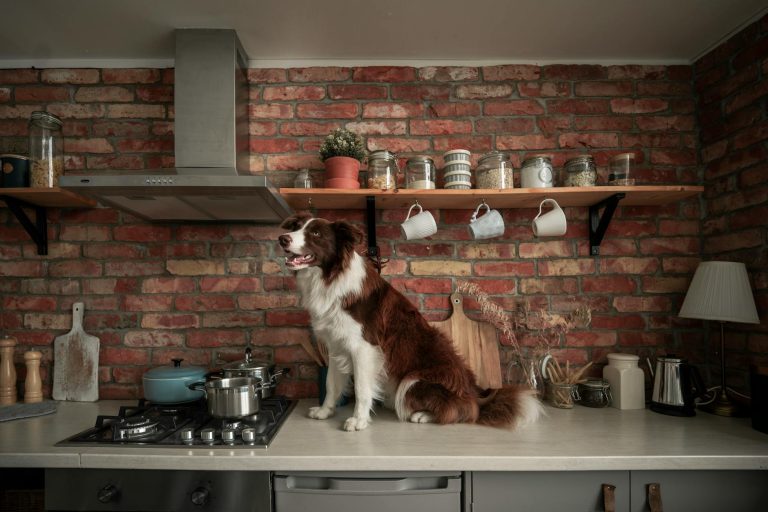🐾 Goat Milk & Egg Yolk for Dogs and Cats: A Natural Boost with Big Benefits

Plus tips to feed safely and keep your pet thriving.
When it comes to spoiling our pets (in a healthy way), the ingredients we choose matter. That’s why at Pawsitive Snack, we believe in crafting treats that aren’t just tasty, but truly beneficial—using whole, natural ingredients like goat milk and egg yolk.
Whether you’ve got a curious cat or a tail-wagging pup, these two nutrient-rich superfoods offer plenty of health perks. But like anything, they’re best served with care. Let’s break it down.

🥛 Why Goat Milk Is Great for Both Dogs & Cats
Often called “the universal milk,” goat milk is gentler and more digestible than cow’s milk, making it a fantastic functional food for pets.
✅ Digestive Support
Goat milk contains natural probiotics and has less lactose than cow’s milk, which makes it easier on sensitive stomachs—for both cats and dogs. It can help with:
- Gas and bloating
- Soft stools or irregular digestion
- Transitioning to new diets
✅ Immune Boosting & Hydrating
Goat milk is rich in vitamins A, D, and B-complex, along with minerals like calcium and selenium. It supports:
- A strong immune system
- Bone health and development
- Hydration (especially helpful for cats who don’t drink much water!)
🥚 The Power of Egg Yolk
Egg yolk isn’t just a delicious topper—it’s packed with nutrients that are excellent for both cats and dogs.
✅ Healthy Fats & Protein
Egg yolks provide essential amino acids and good fats that support:
- Energy levels
- Muscle growth and repair
- Brain health in puppies, kittens, and seniors alike
✅ Skin & Coat Health
Biotin, choline, and vitamin E help reduce dryness, itchiness, and promote a shiny, soft coat—a win for both species.
✅ Liver & Cognitive Support
Egg yolk contains choline, which plays a key role in liver detox and cognitive function, especially in older pets.
⚠️ Precautions When Feeding Goat Milk & Egg Yolk
While both ingredients are safe and beneficial in moderation, it’s important to feed smart. Here are some quick safety tips:
1. Start Slow
Introduce new ingredients gradually over several days to avoid digestive upset.
2. Watch for Allergies or Sensitivities
Some pets may have sensitivities to eggs or dairy—even goat milk. Look out for signs like:
- Loose stool or vomiting
- Itchy skin or ears
- Lethargy or loss of appetite
3. Portion Control is Key
Both goat milk and egg yolk are nutrient-dense. Too much can lead to:
- Weight gain
- Pancreatic stress (especially in older pets)
- Imbalance if fed with a complete diet
As a general rule:
🍼 Goat Milk – Small dogs/cats: 1–2 tbsp | Medium–large dogs: up to 1/4–1/2 cup
🥚 Egg Yolk – Cats: 1/4 yolk | Small dogs: 1/2 yolk | Medium-large dogs: 1 full yolk (2–3x per week max)
4. Choose High-Quality Sources
Always go for human-grade, pasteurized goat milk or freeze-dried pet-grade options. Use cooked or gently dried egg yolk unless your vet has approved raw feeding.
🛒 The Easy Way to Add These Superfoods
At Pawsitive Snack, we combine goat milk and egg yolk into select handmade treats—because we know your pets deserve more than just fillers and flavorings. Every snack is made in small batches, with love, to deliver real health benefits in every bite.
👉 [Shop Goat Milk & Egg Yolk Treats]
👉 [Browse All Natural Treats for Dogs & Cats]
🐶🐱 Final Thoughts: Treat with Purpose
Treats aren’t just about spoiling—they’re an opportunity to support your pet’s health naturally. Goat milk and egg yolk are two simple, whole ingredients that do more than just taste good—they nourish, protect, and energize.
Always check with your vet before introducing new foods, especially if your pet has existing conditions or dietary restrictions.
Have questions about how to start? Drop us a message—we’re happy to help you choose the best option for your furry friend.



